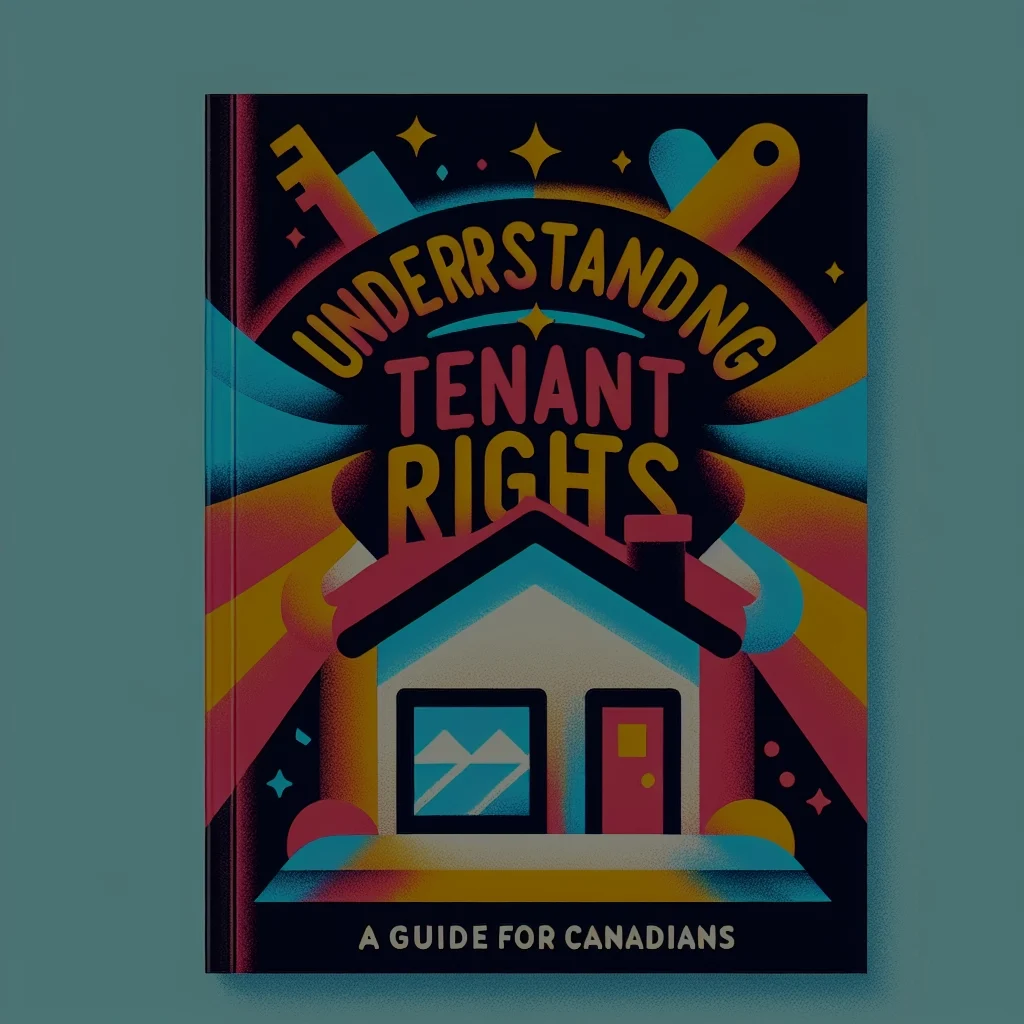Understanding tenant rights is crucial for anyone renting a home in Canada. With diverse regulations and practices varying by province, navigating the complexities of rental agreements can be overwhelming. This guide aims to offer a comprehensive overview of tenant rights, highlighting key legislation, common issues, and available resources for assistance. By empowering tenants with the knowledge they need, we can foster a more equitable rental landscape across the nation.
The Importance of Tenant Rights in Canada Explained
Tenant rights in Canada serve as a protective measure for individuals who rent their homes, ensuring they have safe, fair, and habitable living conditions. These rights are essential not only for safeguarding tenants from potential exploitation but also for promoting stability within communities. For many Canadians, the rental market is not just a temporary arrangement but a long-term living situation where they build their lives and families. Understanding these rights cultivates a sense of security and reinforces tenants’ ability to advocate for themselves.
In addition to protecting individual tenants, a robust framework of tenant rights contributes to the overall health of the housing market. When tenants are aware of their rights, they are more likely to report violations, which helps authorities enforce regulations and hold landlords accountable. This dynamic fosters a more transparent and fair rental environment, ultimately benefiting both tenants and landlords. Furthermore, strong tenant protections can mitigate issues of homelessness and housing instability, which are pressing concerns in many communities.
Finally, tenant rights also intersect with broader social issues, including economic inequality and housing affordability. In an era where housing costs are rising dramatically, understanding and asserting tenant rights is more critical than ever. When tenants know their rights, they can better resist unjust practices such as evictions without cause or exorbitant rent increases, advocating for a fairer housing system for all Canadians.
Key Legislation Governing Tenant Rights Across Provinces
Canada’s rental market operates under a patchwork of provincial and territorial legislation, with each region having its own specific laws governing landlord-tenant relationships. The Residential Tenancies Act is the cornerstone of tenant rights in many provinces, regulating aspects such as lease agreements, security deposits, and eviction processes. For instance, Ontario’s Residential Tenancies Act outlines clear guidelines for rent increases and the maintenance of rental properties, ensuring that tenants can live in safe and well-maintained environments.
In British Columbia, the Residential Tenancy Act includes provisions that protect tenants from unfair eviction practices and set out requirements for landlords regarding notice periods. Similarly, Quebec’s Civil Code offers tenants protections related to lease renewals and the right to a habitable living space. These laws represent a significant effort to balance the interests of both landlords and tenants, recognizing that a healthy rental market relies on mutual respect and accountability.
Moreover, some provinces have instituted additional protections in light of recent economic challenges. For example, during the COVID-19 pandemic, many provinces implemented temporary measures to protect tenants from evictions, demonstrating a commitment to safeguarding housing stability in times of crisis. Staying informed about local legislation is crucial for tenants, as laws can vary widely and are subject to change.
Common Tenant Issues: Know Your Rights and Remedies
Despite the legal protections in place, many tenants encounter issues in their rental agreements that can lead to confusion and frustration. One of the most common problems is the issue of repairs and maintenance. Tenants have the right to live in a habitable dwelling, which includes access to essential services such as heat, water, and electricity. If a landlord neglects necessary repairs, tenants can often file complaints with local housing authorities or seek legal advice to address the situation.
Another prevalent issue is the challenge of rent increases. Many provinces regulate how much rent can be increased each year, often requiring landlords to provide written notice. Tenants must be aware of these regulations to challenge any unjustified increases. In some cases, landlords may attempt to circumvent the rules by imposing fees or other charges. Understanding the intricacies of these regulations allows tenants to advocate for their rights effectively.
Eviction is perhaps the most distressing issue a tenant can face. While landlords have the legal right to evict tenants under certain conditions, they must follow proper legal procedures, including providing adequate notice and valid reasons for the eviction. Tenants should familiarize themselves with the eviction process in their province and know that they can contest an eviction in court if they believe it to be unjust. Knowing one’s rights in these situations is crucial for protecting oneself against wrongful eviction.
Resources for Tenants: Where to Seek Help and Guidance
For tenants seeking guidance on their rights and responsibilities, numerous resources are available across Canada. One of the first points of contact for tenants experiencing issues with their landlords is their local residential tenancy board or authority. These organizations provide information about tenant rights, can mediate disputes, and offer resources for filing complaints or claims against landlords. Each province has its own body, such as the Landlord and Tenant Board in Ontario or the Residential Tenancy Branch in British Columbia.
Additionally, nonprofit organizations and legal aid services often provide support for tenants facing housing challenges. Groups like the Tenants’ Rights Advocacy Coalition or the Community Legal Education Association in Manitoba offer educational resources, workshops, and legal consultations to help tenants understand their rights. These organizations play a crucial role in empowering tenants, especially those from marginalized communities who may face language barriers or financial constraints.
Finally, online platforms and social media have become invaluable tools for tenants seeking information and support. Websites dedicated to tenant rights feature articles, guides, and forums where individuals can share their experiences and seek advice. By leveraging these resources, tenants can better navigate their rights and responsibilities, fostering a more equitable rental experience for all Canadians.
Understanding tenant rights is essential for fostering a fair and just rental environment in Canada. By learning about the relevant legislation, recognizing common issues, and utilizing available resources, tenants can effectively advocate for themselves and protect their interests. In a landscape where housing stability is increasingly challenged, it is crucial for tenants to arm themselves with knowledge and support, ensuring their voices are heard in the ongoing dialogue about tenant rights and responsibilities in Canada.
Navigating the Appeal Process: A Guide for Canadian CourtsUnderstanding Impaired Driving Penalties Across CanadaUnderstanding Your Rights When Arrested in CanadaRelevant LinkRelevant LinkRelevant LinkNavigating the Appeal Process: A Guide for Canadian CourtsUnderstanding Impaired Driving Penalties Across CanadaUnderstanding Your Rights When Arrested in CanadaRelevant LinkRelevant LinkRelevant Link



